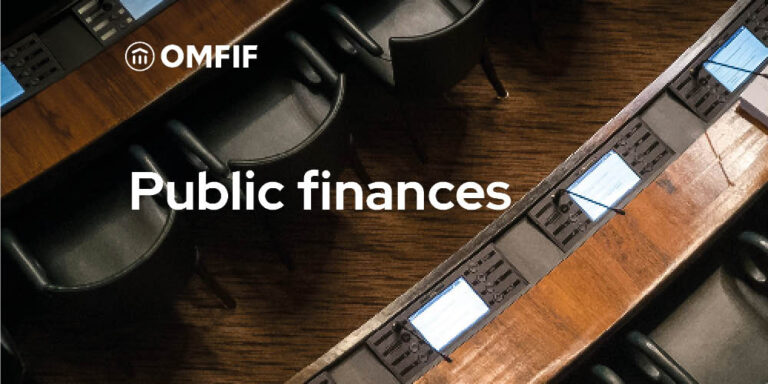OMFIF's Economic and Monetary Policy institute is an independent and trusted conduit, bringing together the public and private sectors to discuss monetary policy, economic and fiscal developments and regulatory standards.
Global Public Investor 2025
OMFIF’s Global Public Investor 2025 unveils the latest investment strategies of official institutions around the world, including an annual survey of over 70 central banks and insights from major pension funds and sovereign funds. For the 12th annual edition of this report, we address key questions including: how are reserve ...
Watch Content
Commentaries
Commentaries

Revamping public accounting rules to spur investment on energy, defence and resilience
New approach on valuing nations’ assets and liabilities would open capacity in fiscal frameworks ...
Video

December FOMC meeting: the outlook for US monetary policy
Donald Kohn, senior fellow in the economic studies program at the Brookings Institution, previously vice ...
Podcast

Spending smarter: effective allocations in public investment
In the coming year, renewed attention should be made to explore how governments can shift ...
Meetings

Current monetary policy trends and challenges for euro area capital markets
26 January 2026
The European Central Bank has maintained its key interest rates at around 2% for more ...

The AMF on regulatory priorities and promoting financial stability
29 January 2026
Sébastien Raspiller, secretary general of Autorité des Marchés Financiers, joins OMFIF to discuss key priorities ...

Dennis Novy on the changing global economic landscape and developing international partnerships
4 February 2026
Dennis Novy, chief economist and director of analysis at the UK Foreign, Commonwealth and Development ...

Chief economists briefing
11 February 2026
This virtual roundtable convenes expert economists to discuss the global economic outlook, focusing on the ...
Reports
Featured
The future of public money
Over the past three years, OMFIF has collaborated with EY on a project that explores how to improve public finance management. This year’s project examines how governments can more effectively allocate public funds to support better fiscal, economic and societal outcomes.






